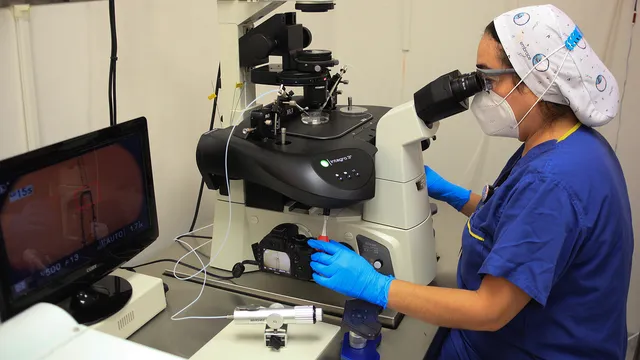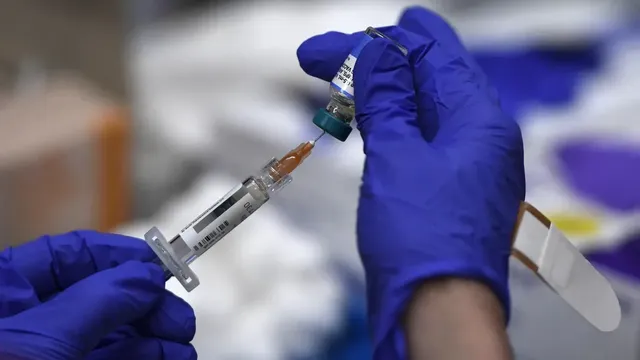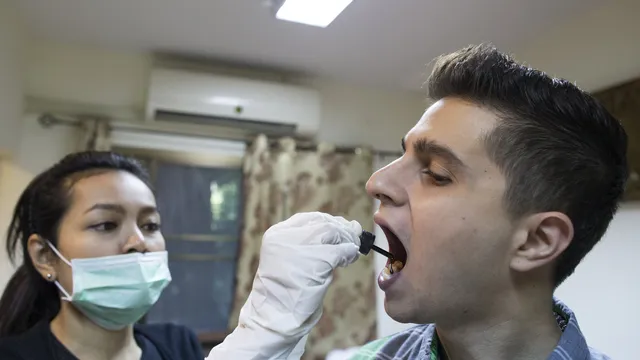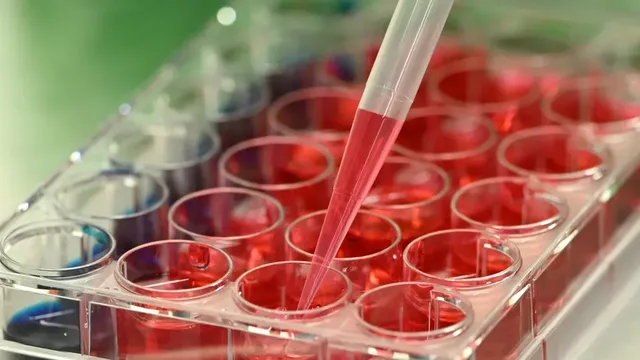Researchers have discovered a nutrient that may be crucial in the fight against cancer. Vitamin D is associated with a potential reduction in mortality with daily intake, the Mirror reported.
One of the studies proving this was conducted in 2023 by the German Cancer Research Center. The systematic review evaluated the results of 14 different studies involving almost 105,000 people to better understand the link between cancer and vitamin deficiency.
Although no statistically significant trends emerged when "pooling" all the studies, the researchers recognized an important pattern when separating them based on the frequency of vitamin D3 doses. Four studies in which participants took irregular but high doses had "no effect on cancer mortality."
However, the results were not the same with daily intake of the vitamin, with 10 studies showing a statistically significant 12% reduction in cancer mortality. At the time, epidemiologist Ben Schotker said, "We observed this 12 percent reduction in cancer mortality after untargeted vitamin D3 administration in individuals with and without vitamin D deficiency. We can therefore assume that the effect is significantly higher in people who are actually vitamin D deficient."
Other research from last year suggests that increased vitamin D may "affect gut bacteria", resulting in "improved" cancer immunotherapy and anti-tumour immunity.
It is important to note that this study was limited to mice and further evidence is needed to verify whether these trends are detectable in humans. But the researchers remain hopeful that vitamin D may be important for the potential "prevention or treatment of cancer."
Senior author Caetano Reyes e Sousa of the Francis Crick Institute said, "What we showed here was surprising - vitamin D can regulate the gut microbiome in favor of a type of bacteria that gives mice better immunity against cancer."
"This may one day be important for cancer treatment in humans, but we don't know how or why vitamin D exerts this effect through the microbiome. More work is needed before we can say definitively that correcting vitamin D deficiency has benefits for cancer prevention or treatment."
Despite these encouraging results, it is important to note that one in six adults in the UK are vitamin D deficient. Eating more oily fish, red meat, egg yolks and some cereals, as well as staying out of the sun, may help. | BGNES

 Breaking news
Breaking news
 Europe
Europe
 Bulgaria
Bulgaria







